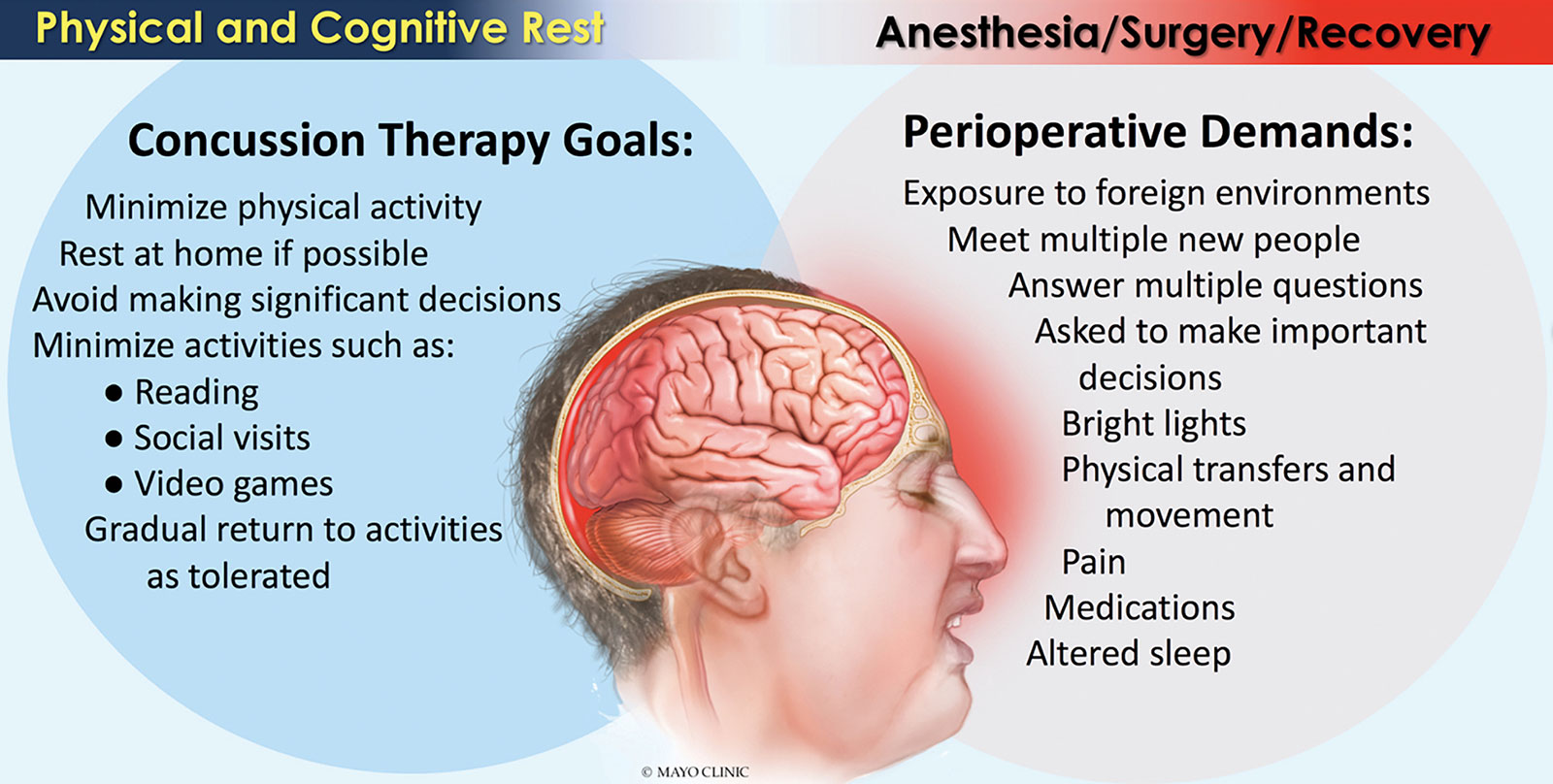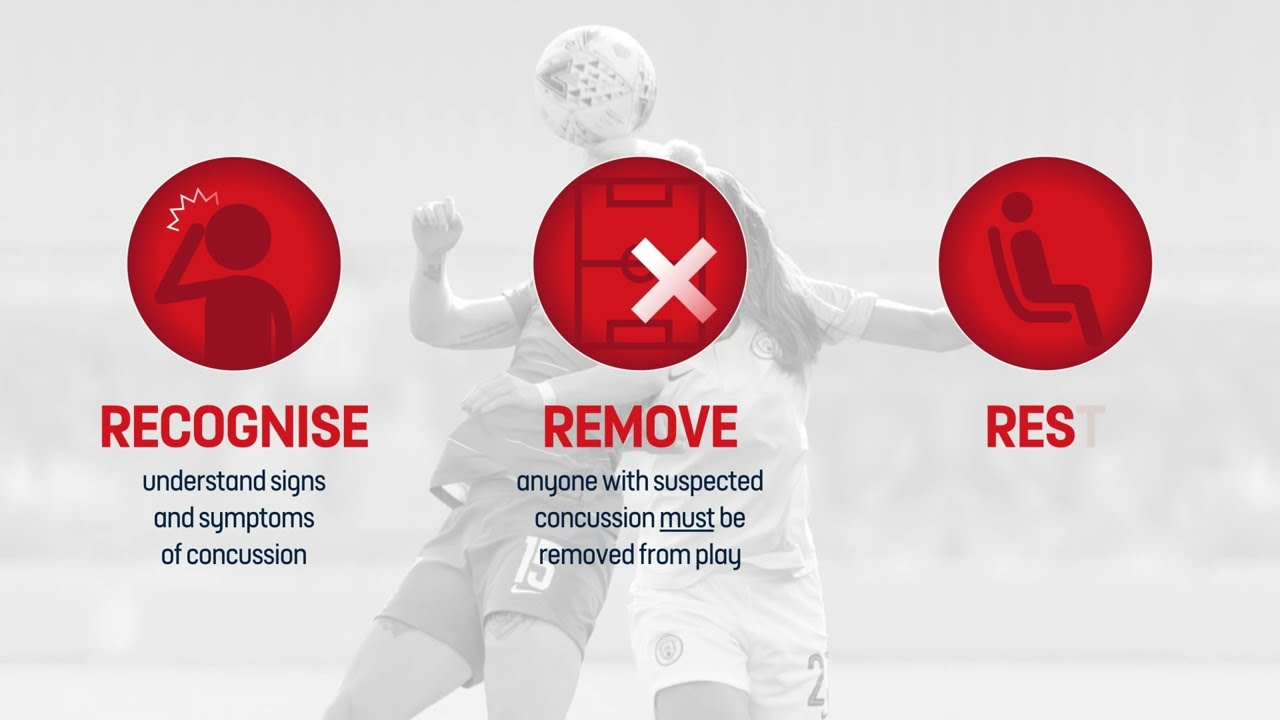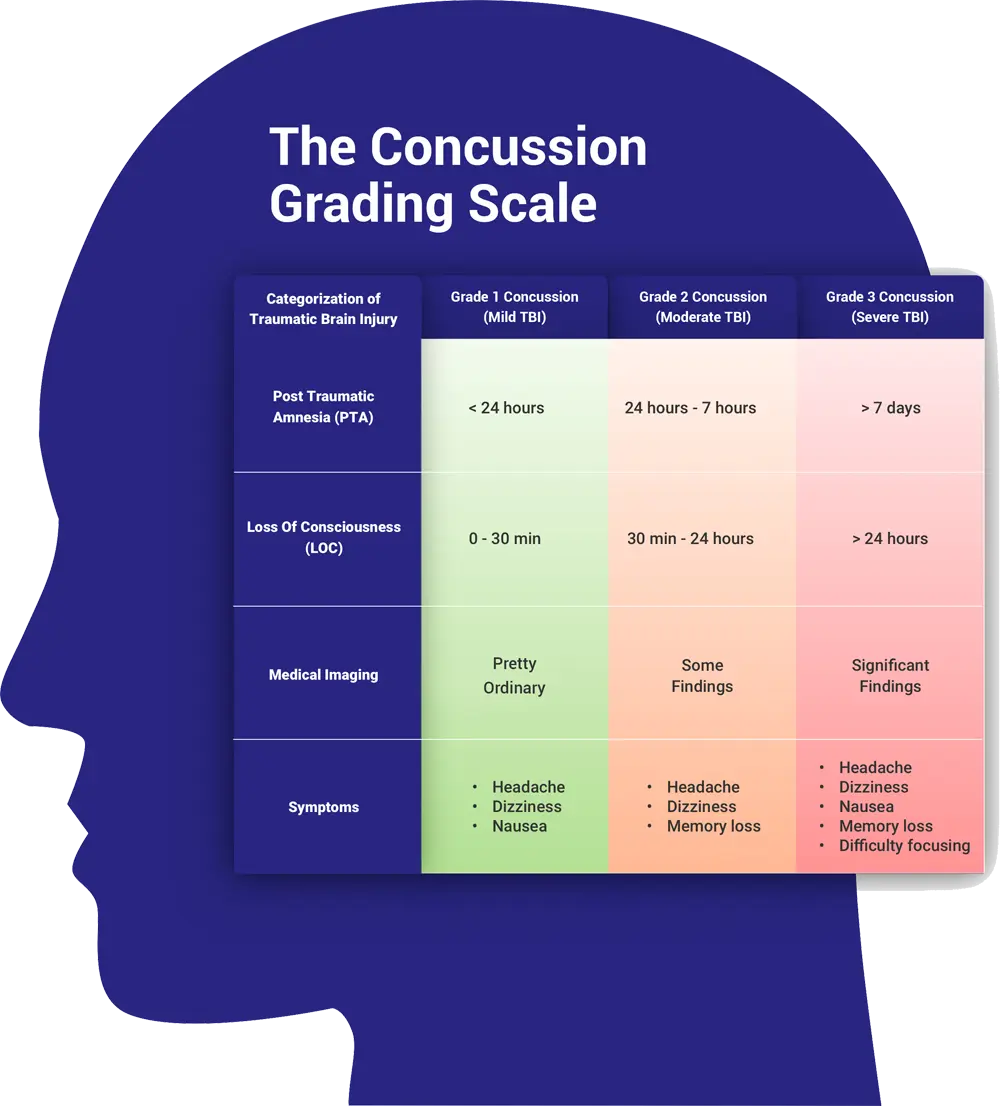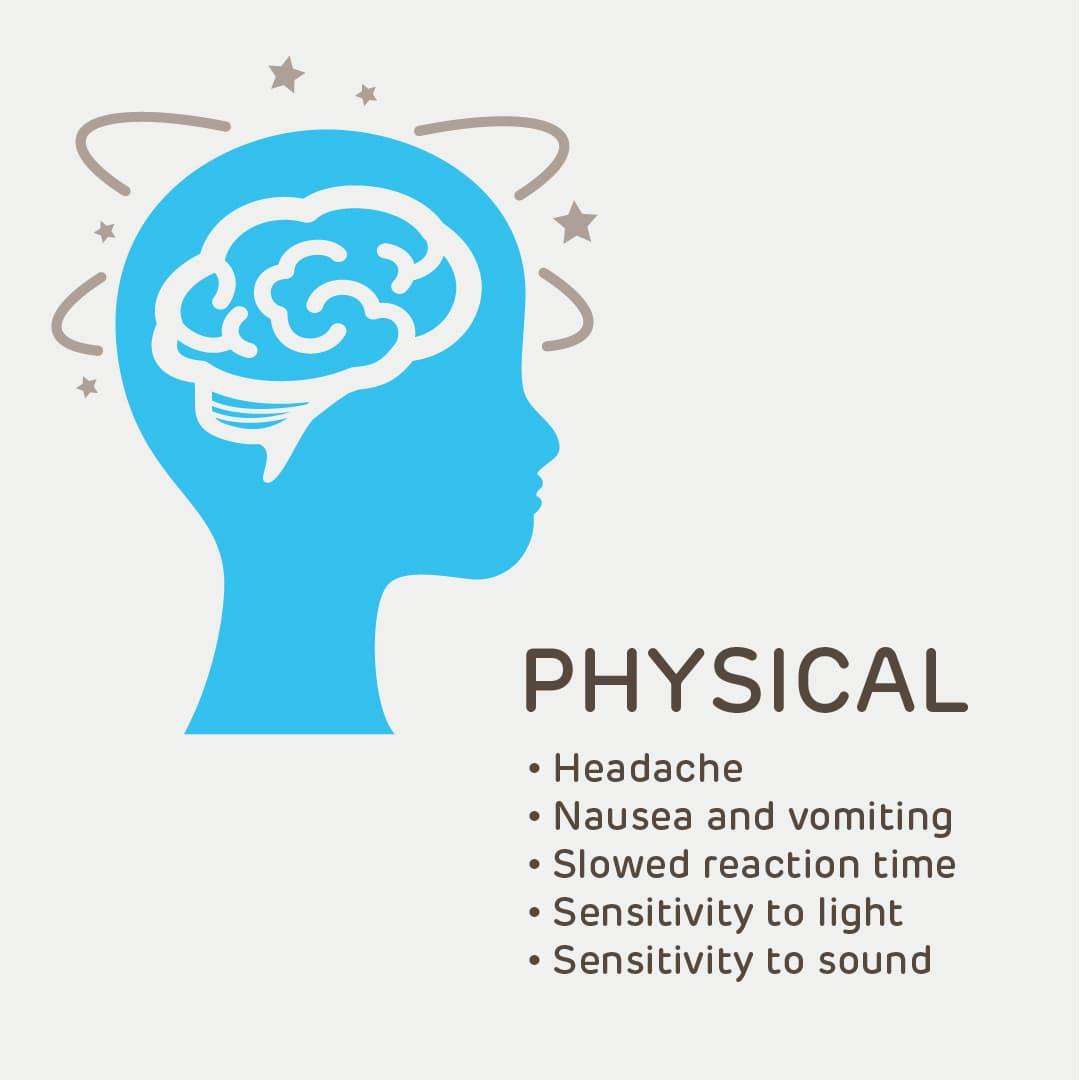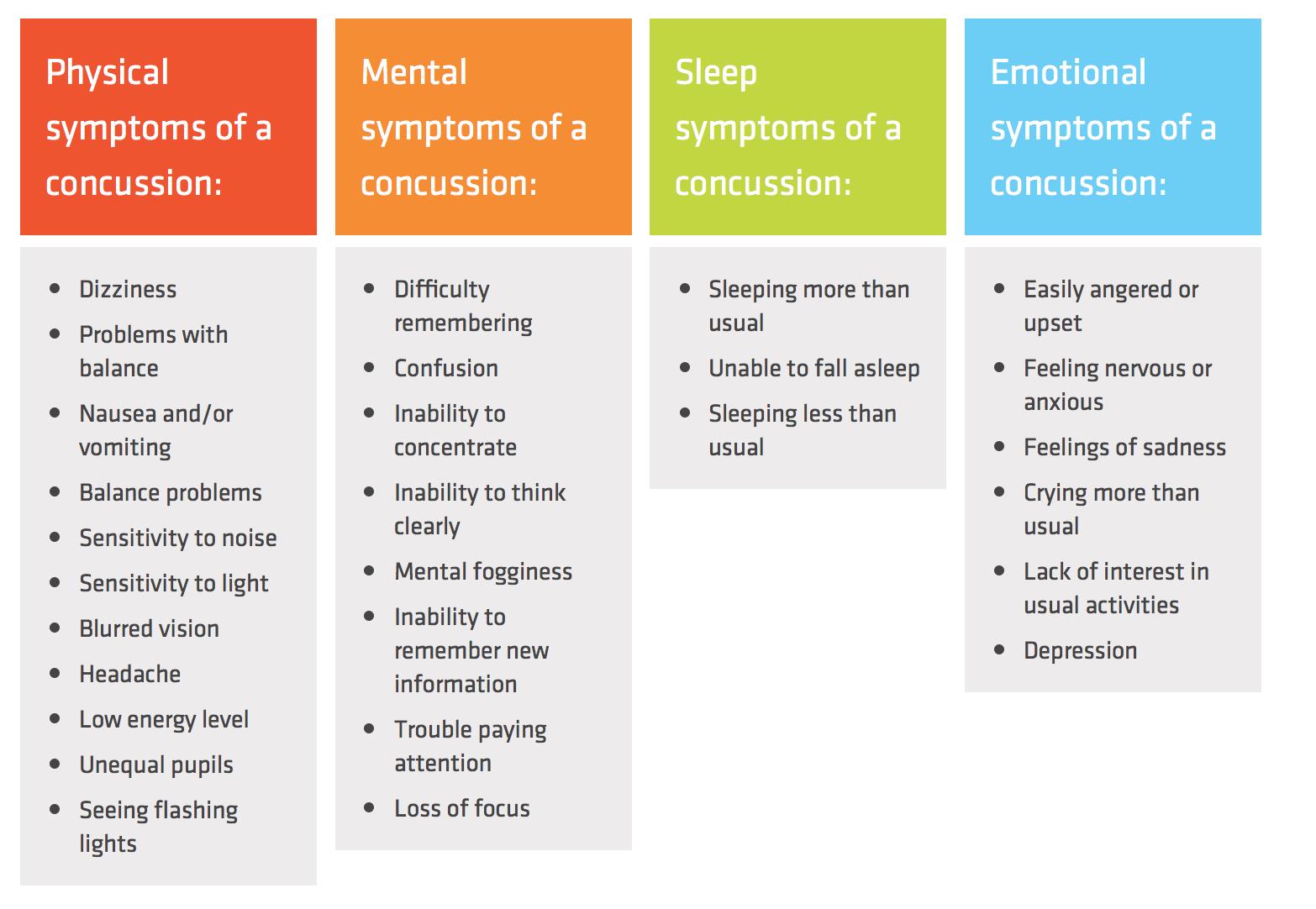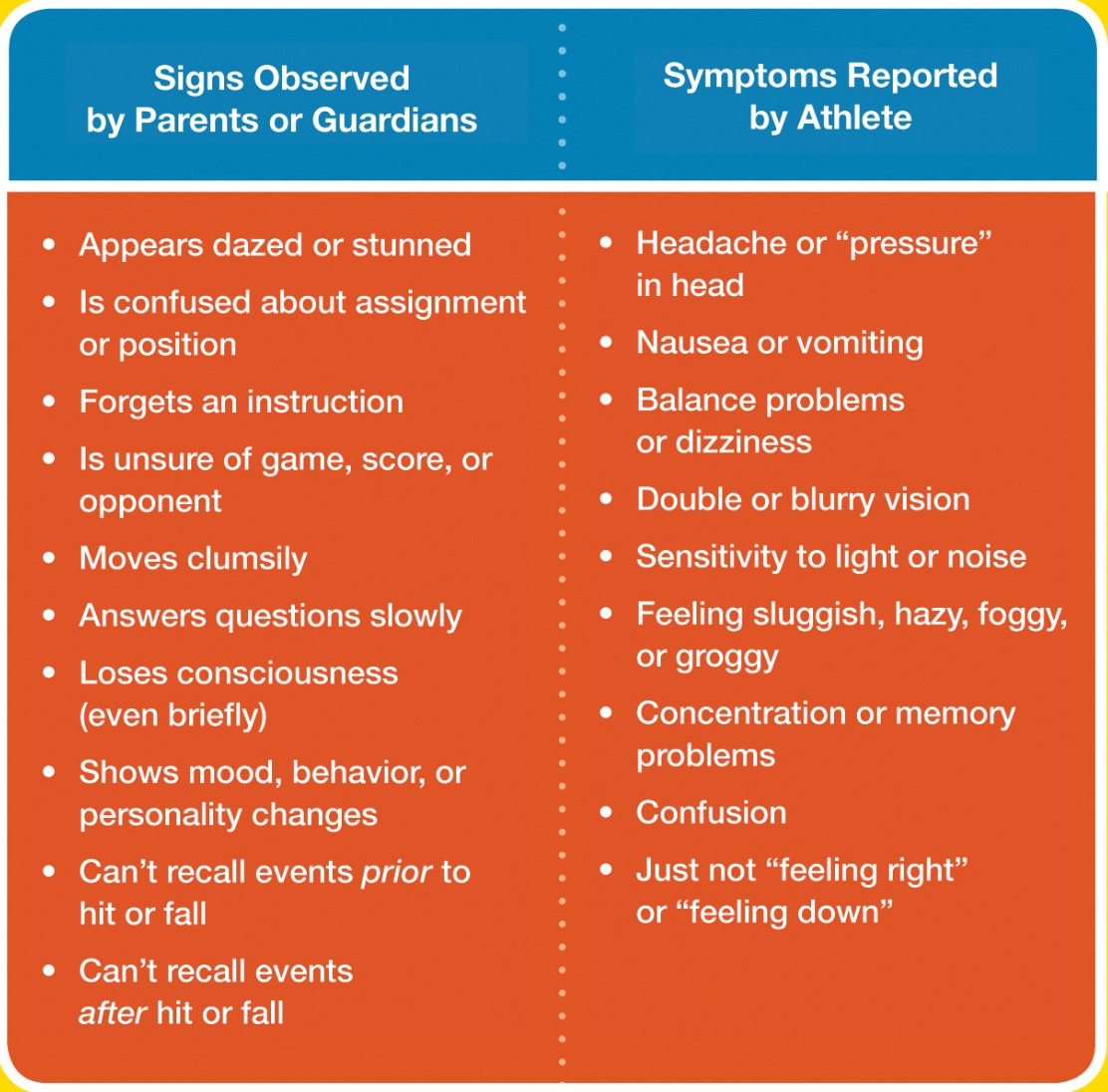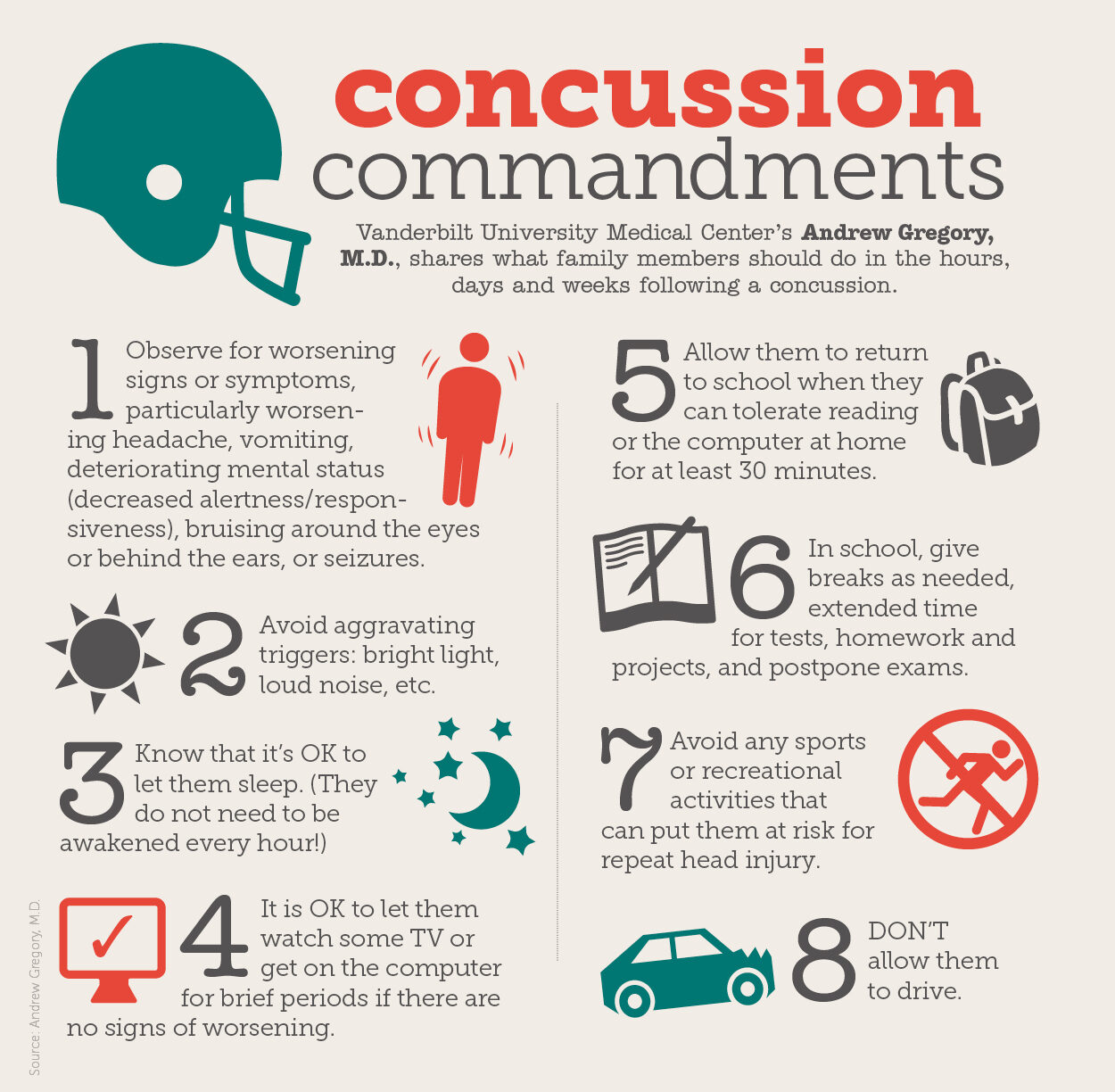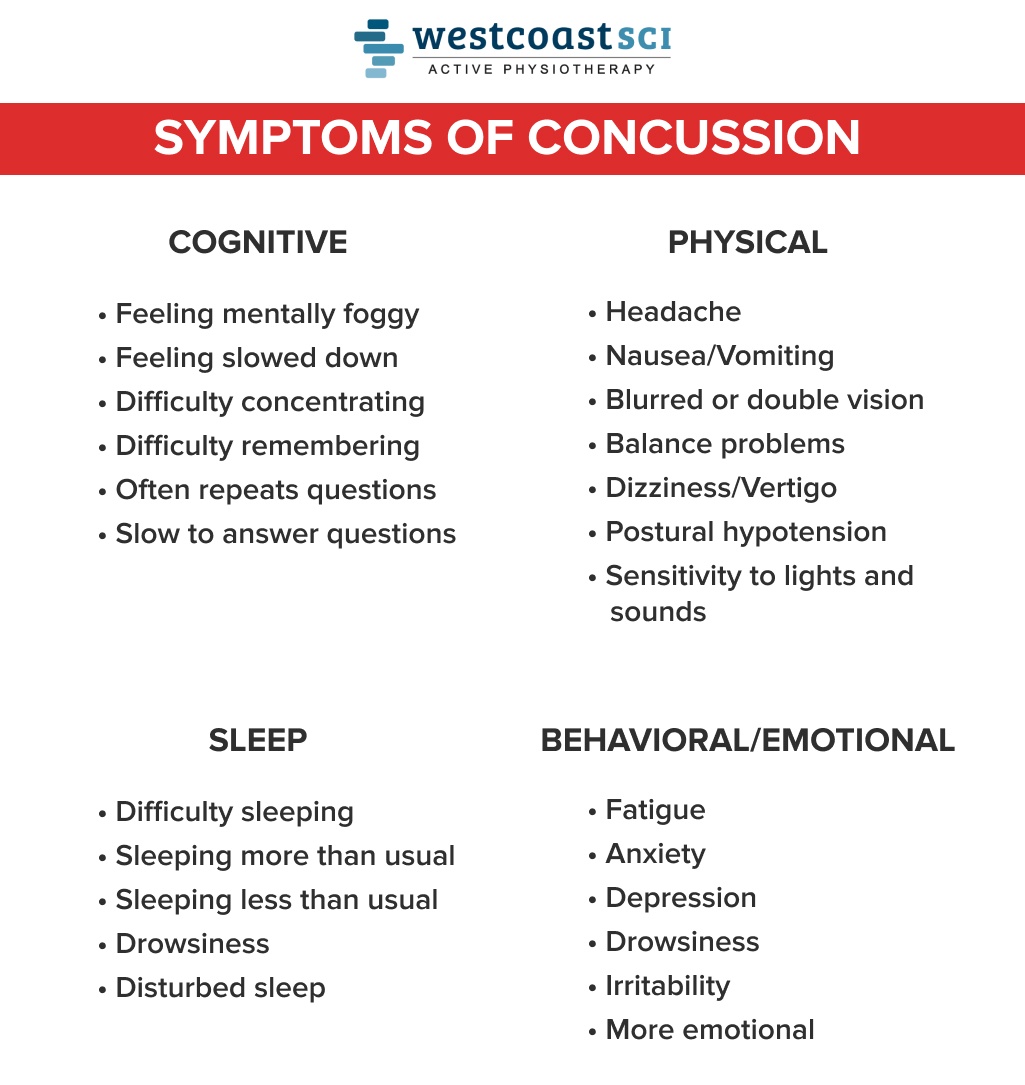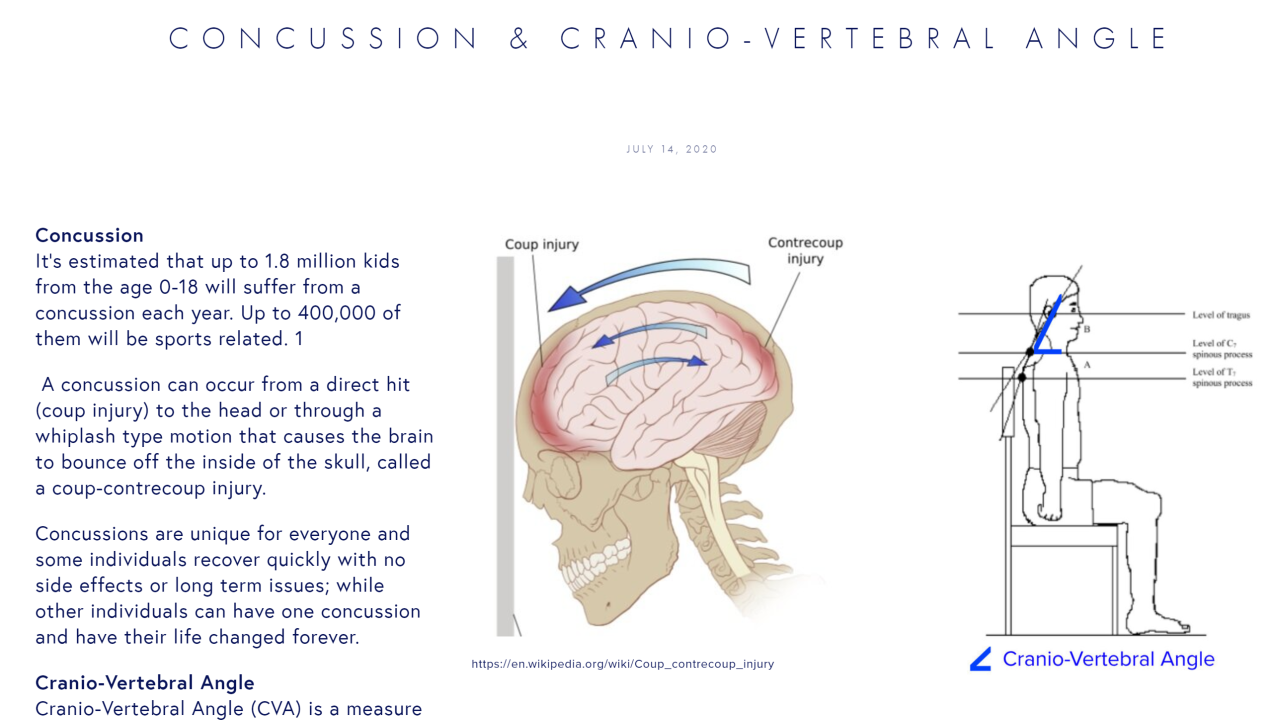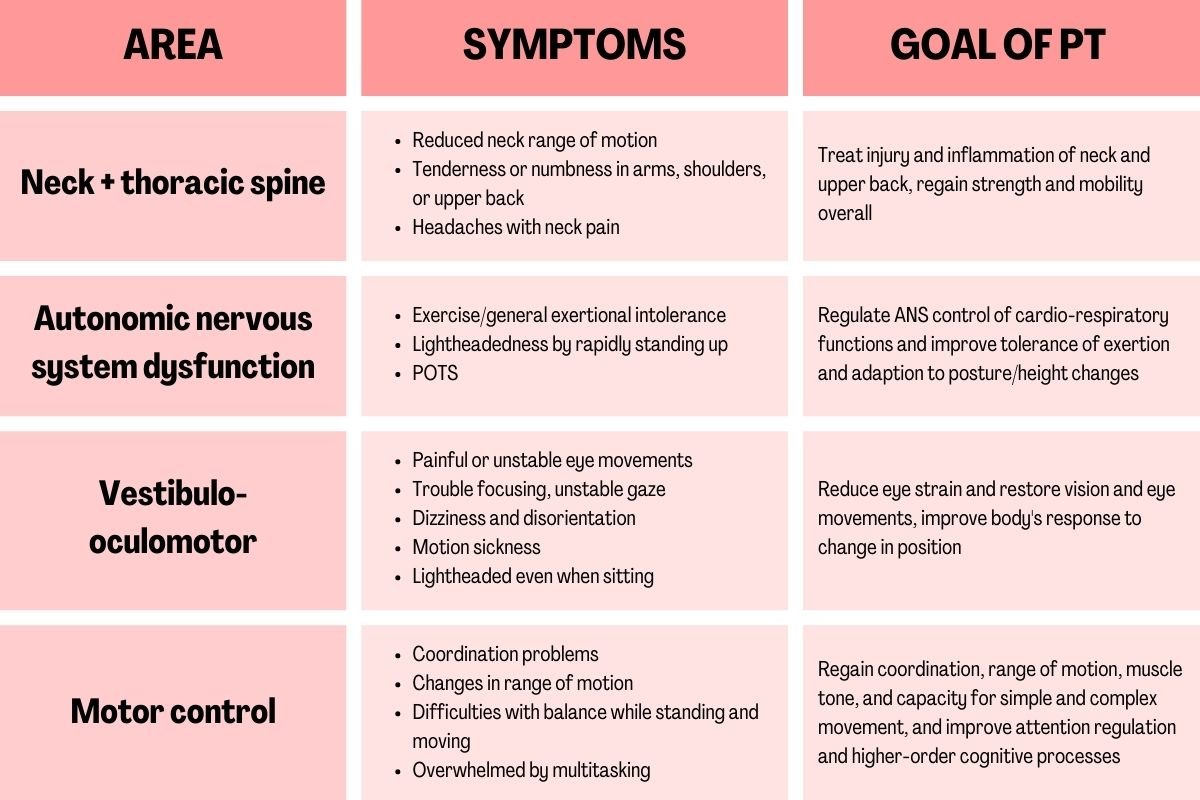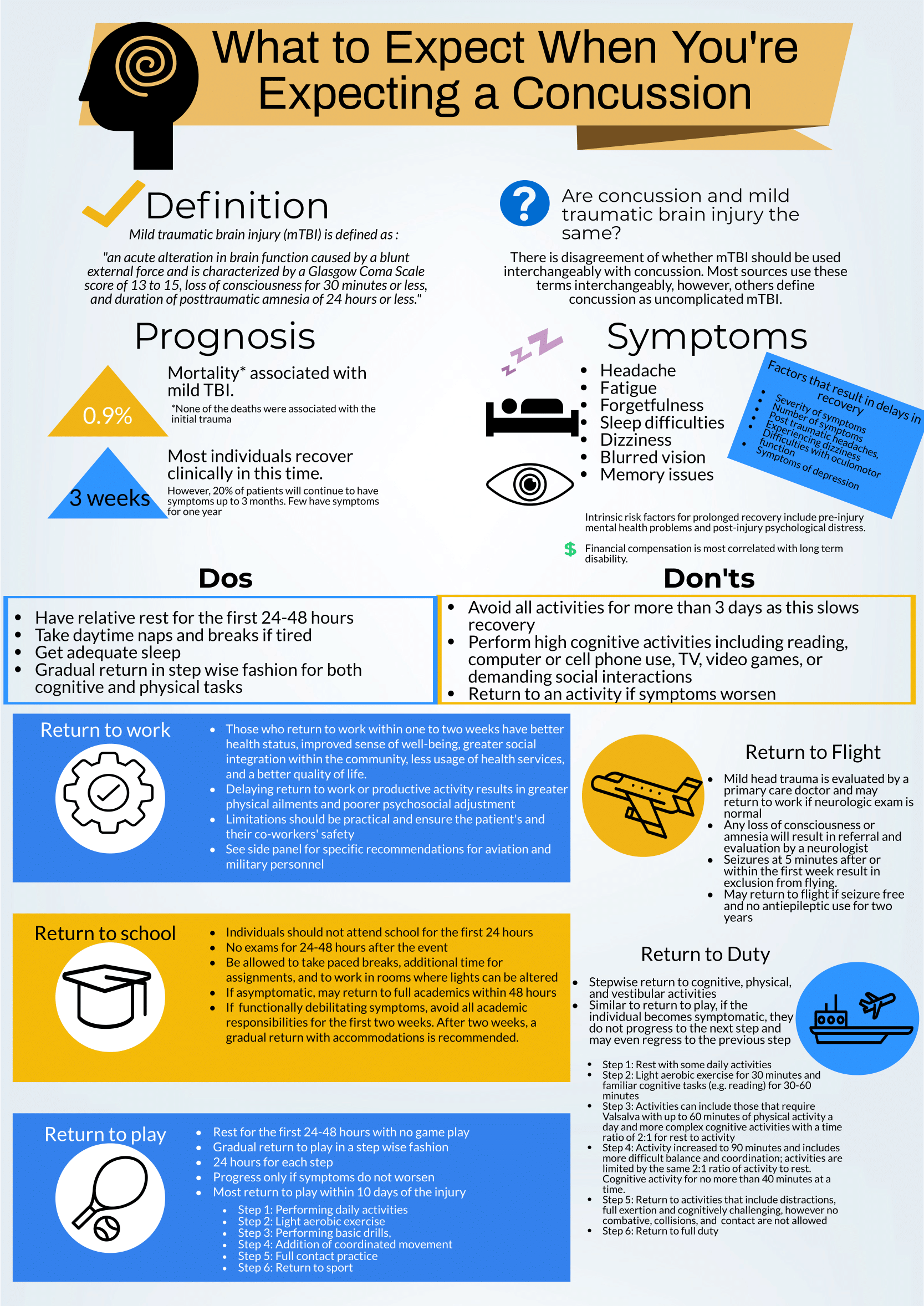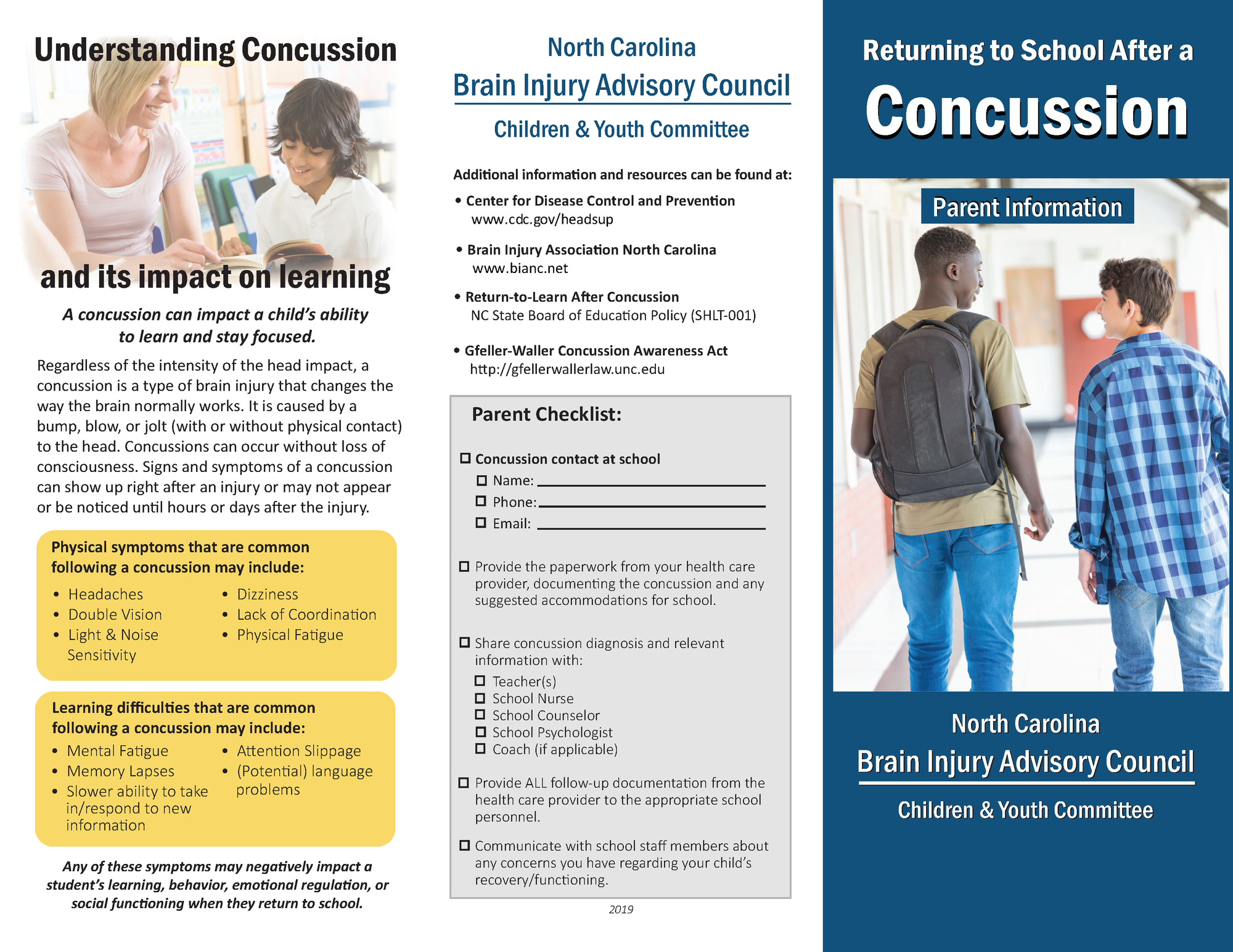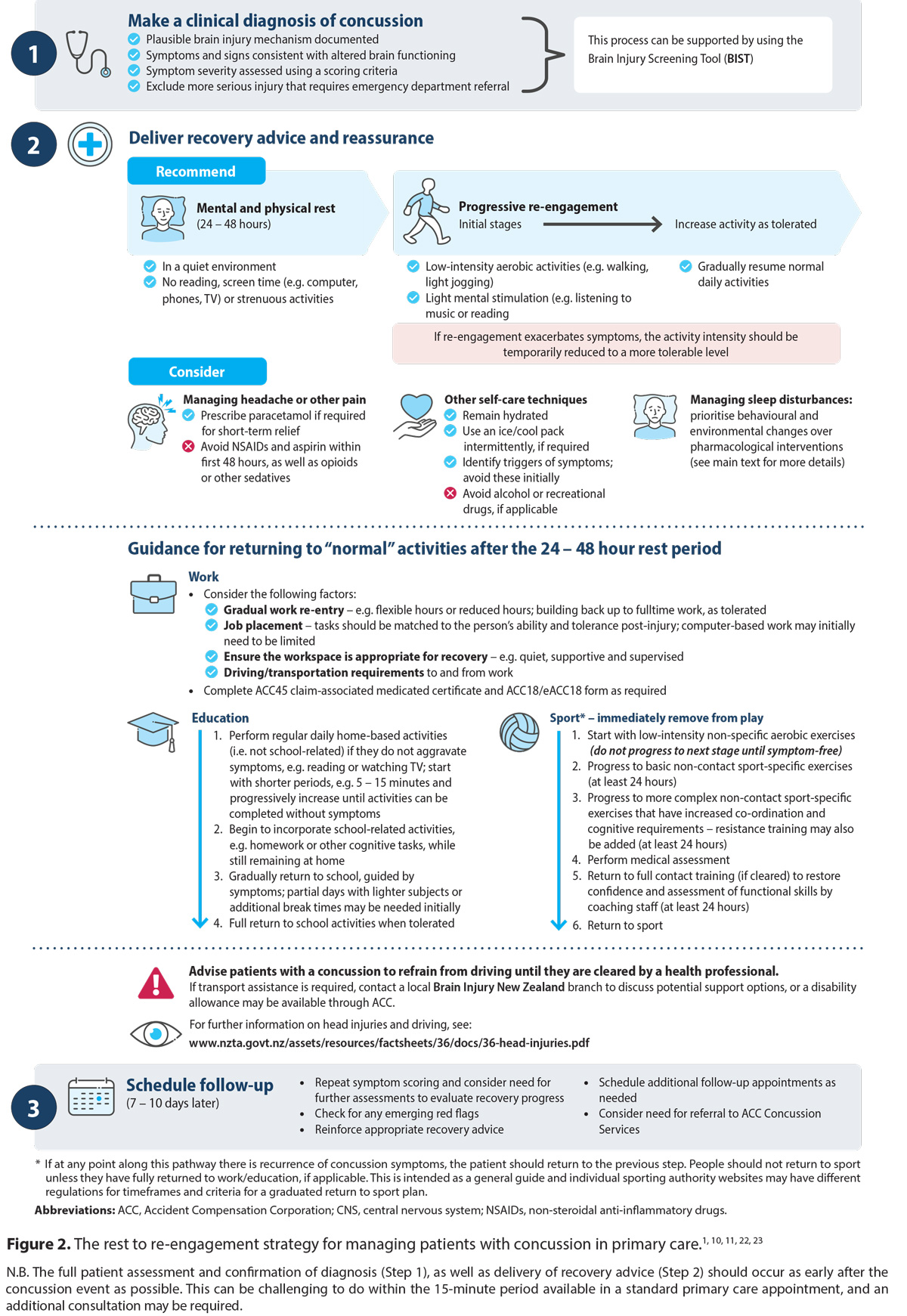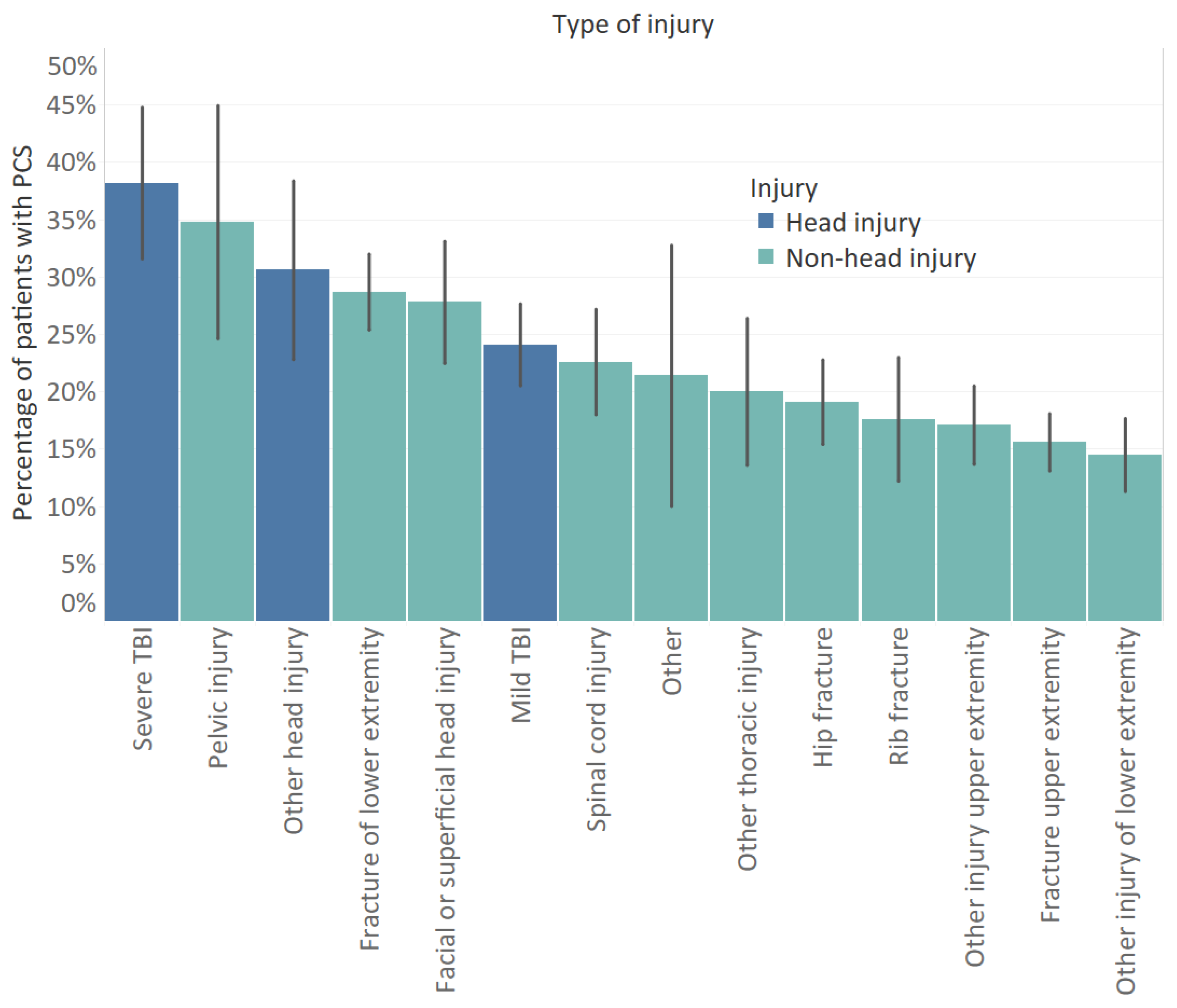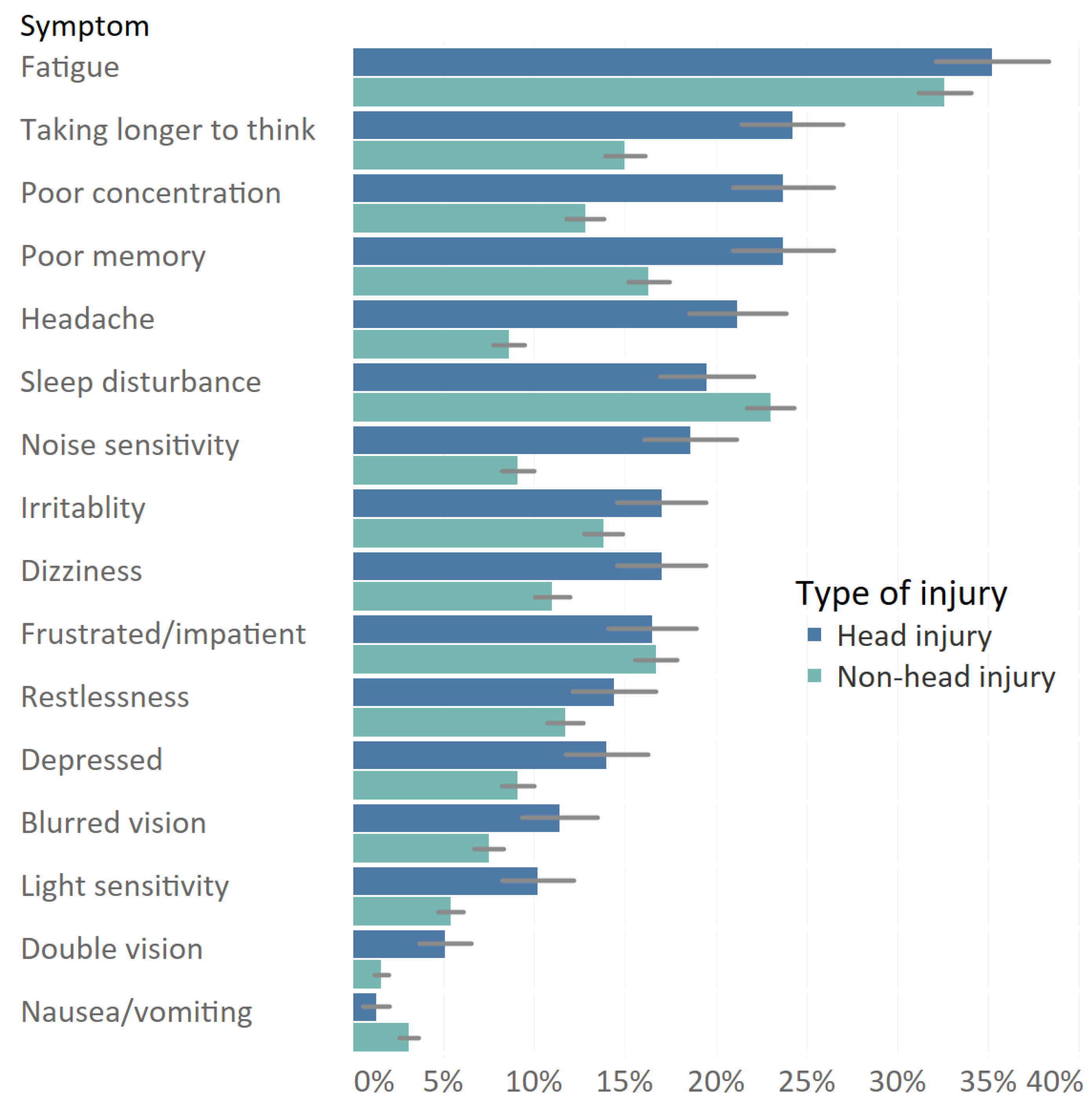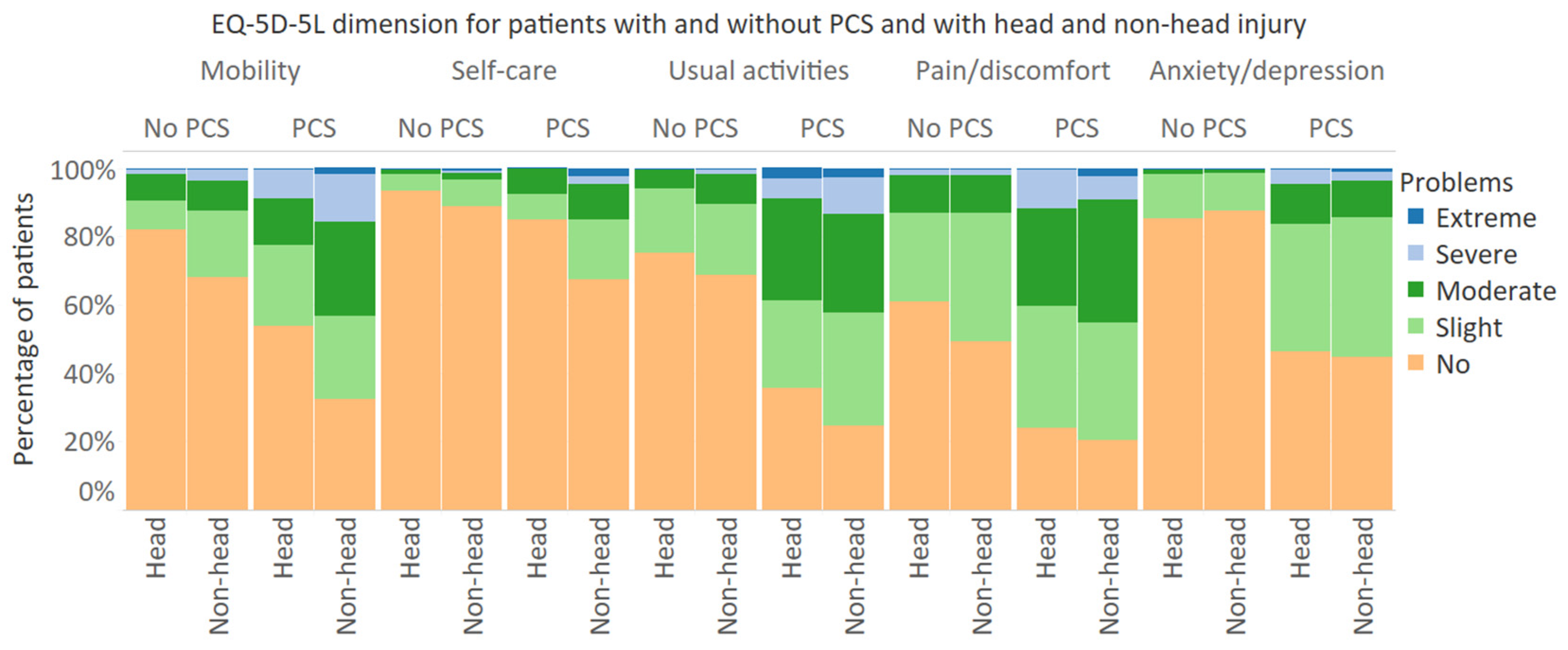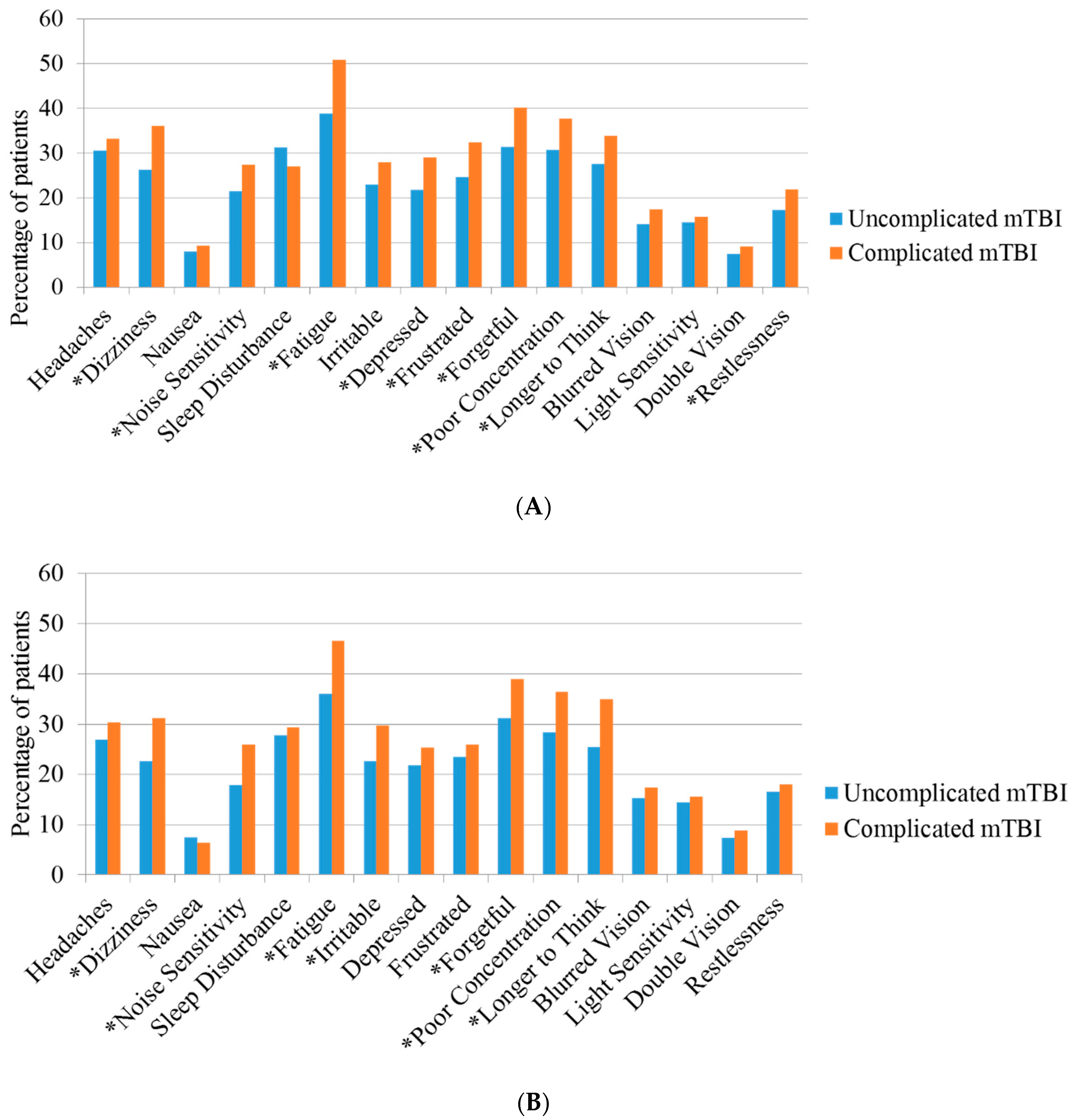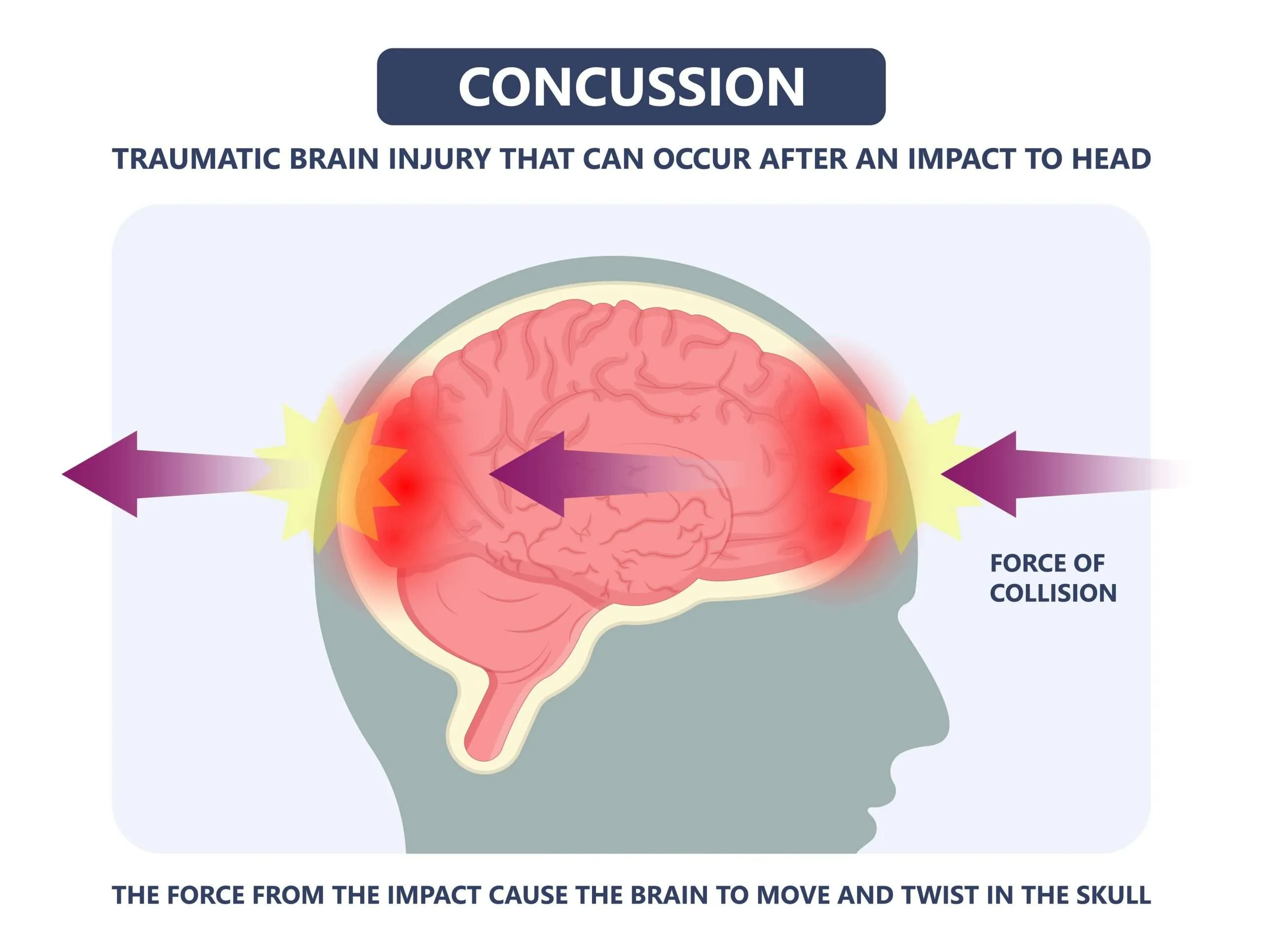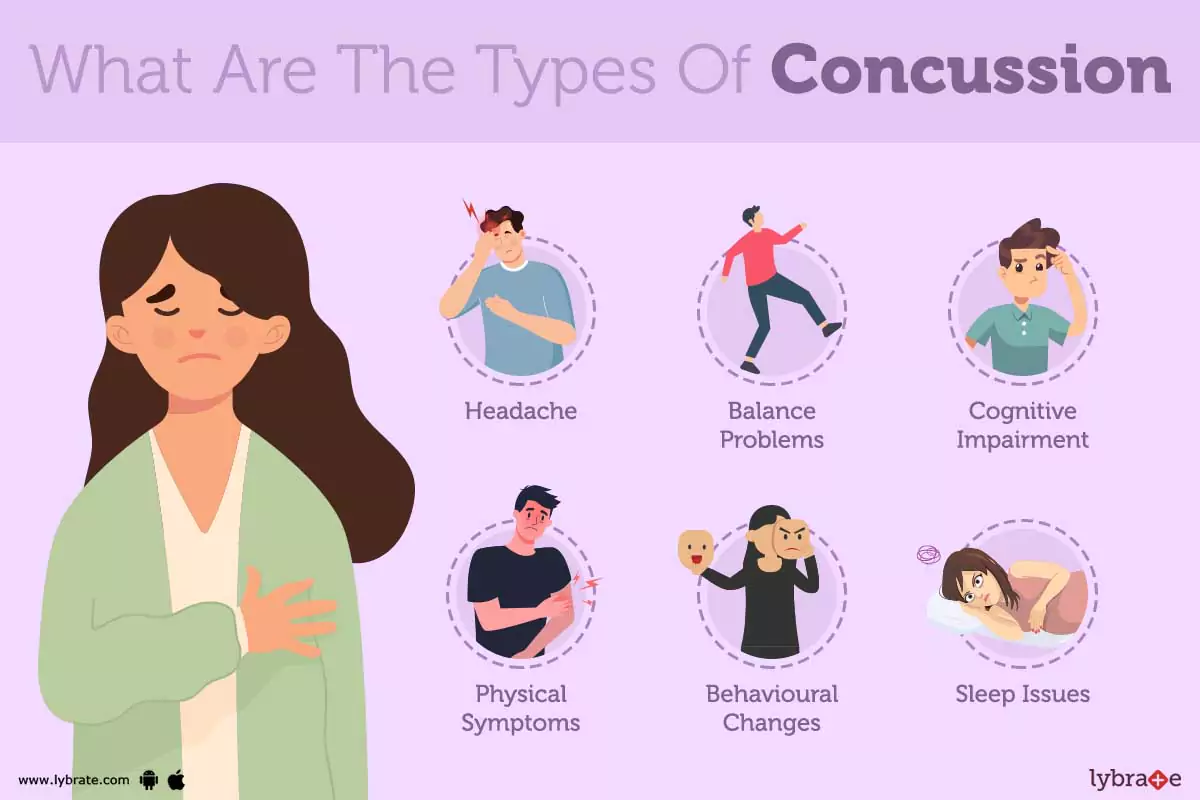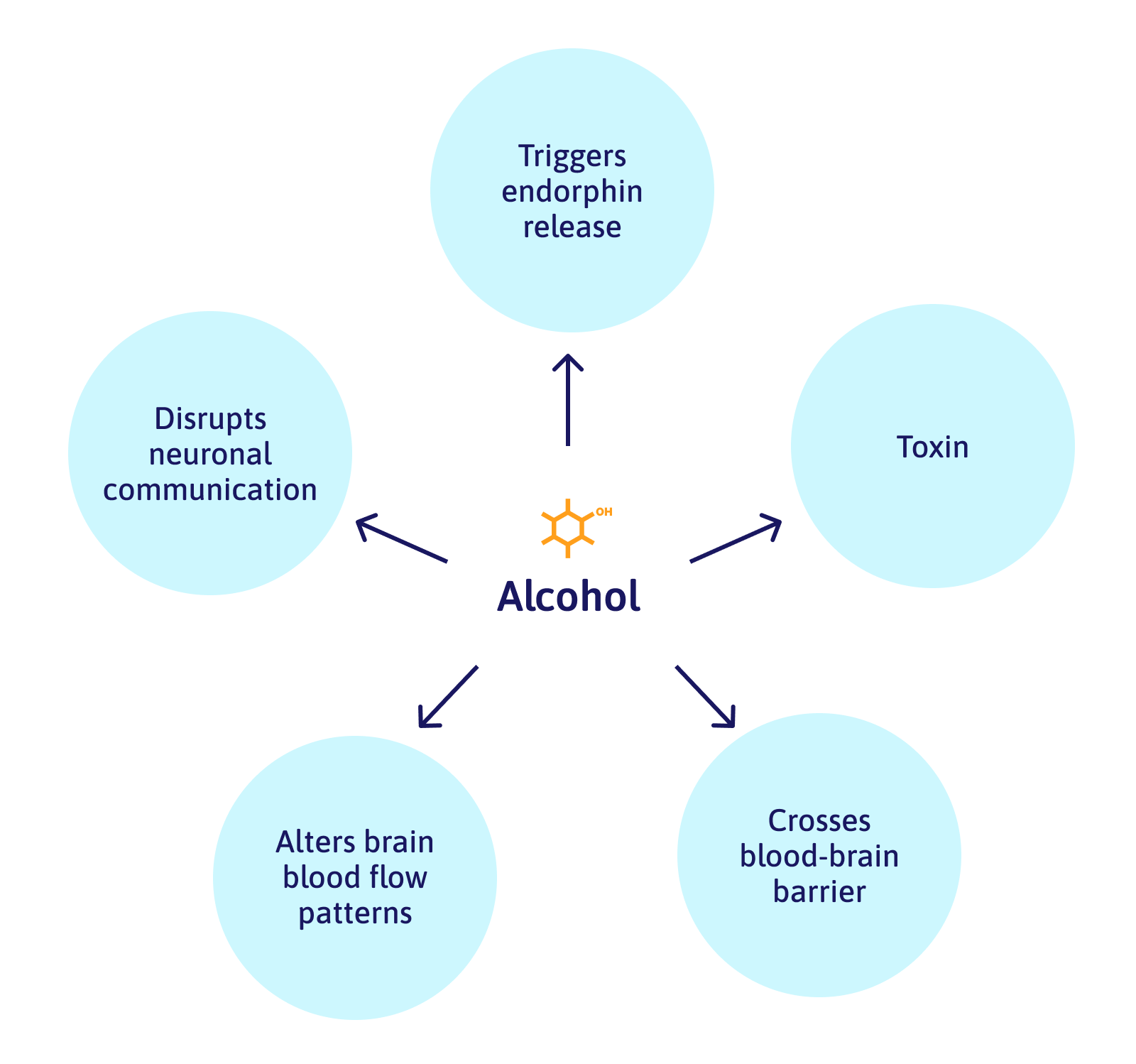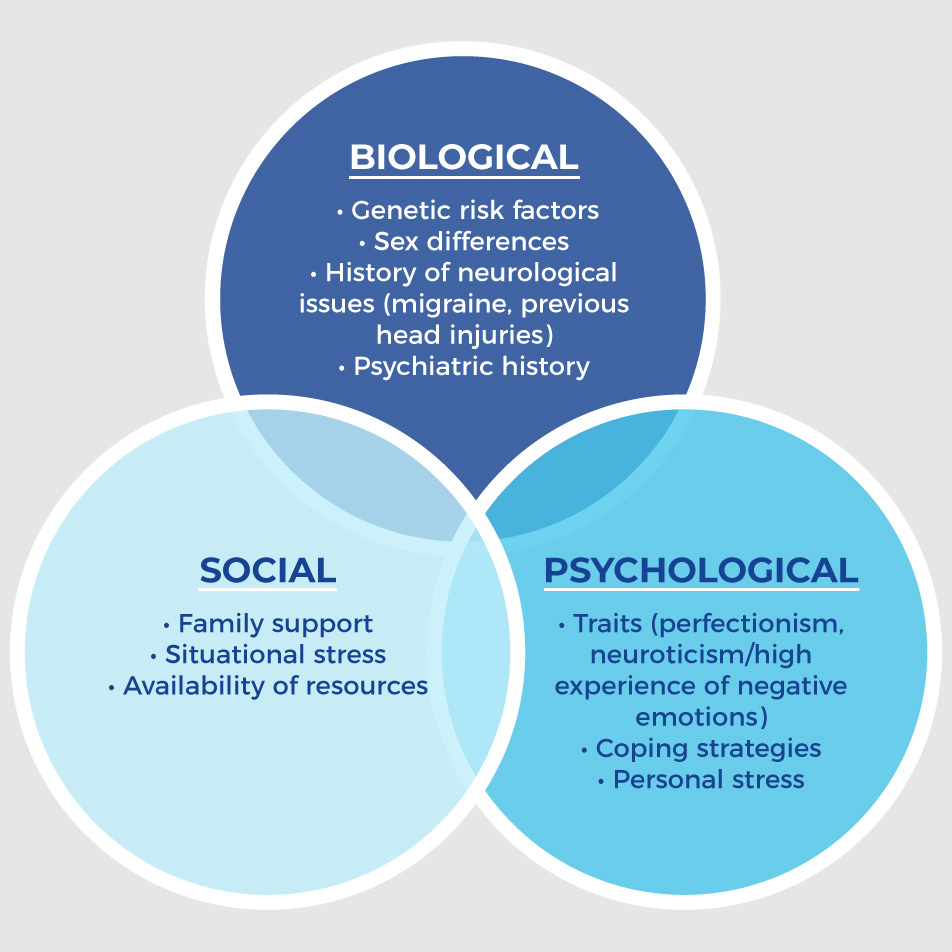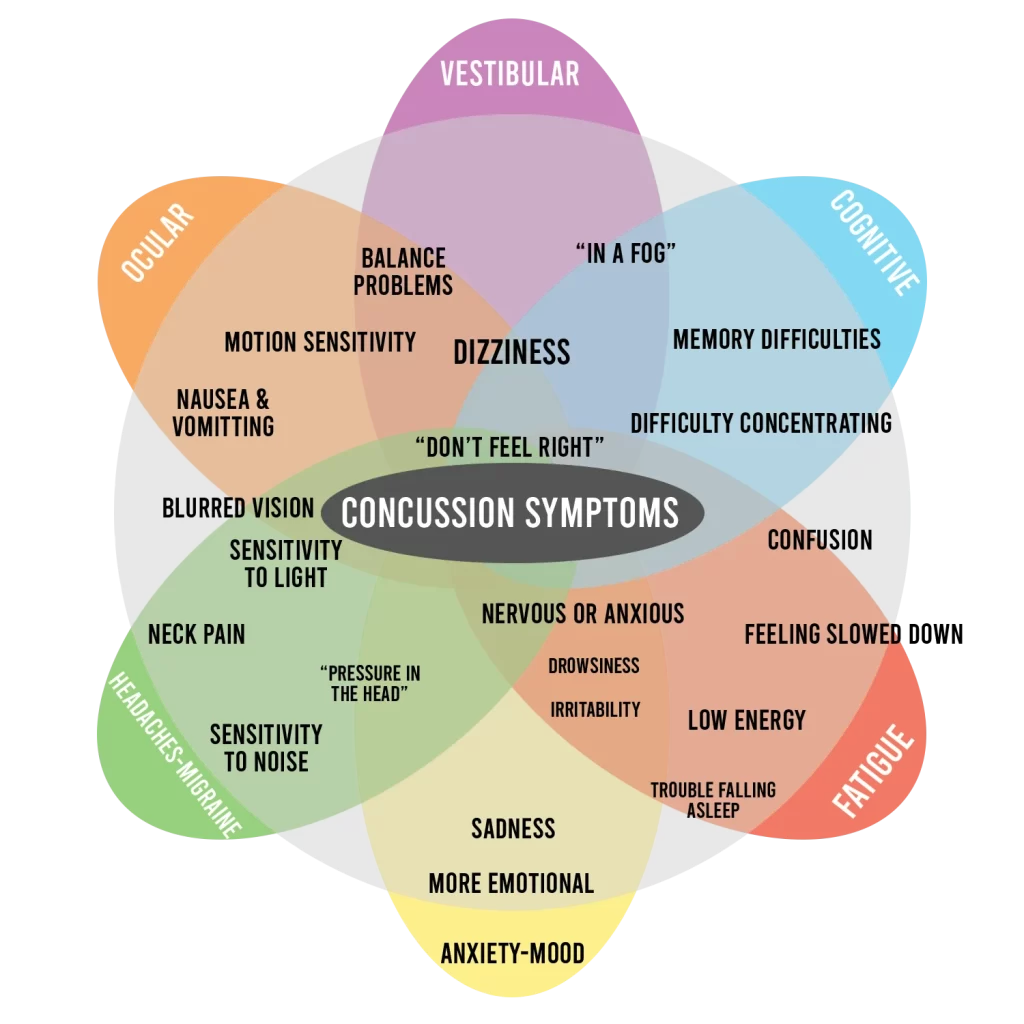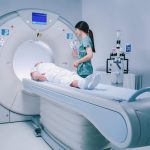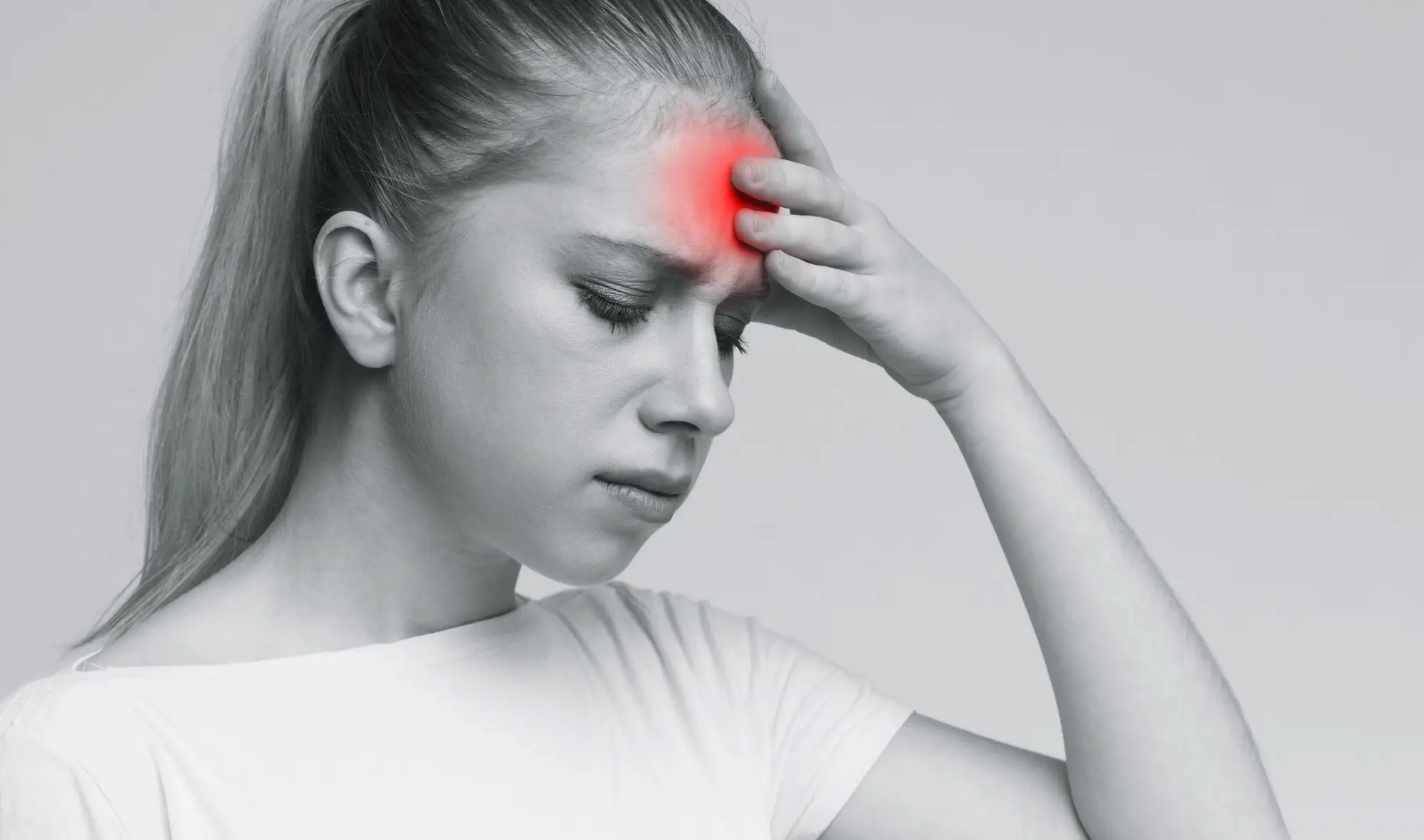
Key facts
- Concussion is a mild brain injury caused by a knock or blow to the head or a sudden change in motion.
- Concussions are common in contact sports such as football and boxing.
- Common symptoms of concussion are confusion, memory loss, headache, vomiting and vision or speech problems.
- If you think someone has had a concussion while playing sport, they should not return to play that day, even if they feel well.
- The main treatment for concussion is rest, followed by a gradual return to physical and mental activity.
What is concussion?
Concussion is a minor traumatic brain injury usually caused by a blow to the head. Most people who have concussion will recover on their own within 2 weeks, but complications can occur. It is important that people with concussion rest and that their recovery is monitored with follow-up visits to a health professional.
What are the signs and symptoms of concussion?
The most common symptoms of concussion are confusion and/or memory loss about the event that led to the head injury.
Other common early symptoms of concussion include:
- headache
- dizziness
- vertigo
- nausea and/or vomiting
- lack of awareness of your surroundings
- vision and speech difficulties
Concussion does not always cause a person to become unconscious.
More subtle signs of concussion may include:
- difficulty concentrating
- sensitivity to noise or light
- behavioural or emotional changes
- feeling dazed
- fatigue
What causes concussion?
Concussion happens when the brain hits the inside of the skull. A concussion can be caused by many things, for example, a blow to the head or a car accident. Concussion can also result from a sudden change in motion. This is why concussion is a common sporting injury, especially in contact sports, such as boxing, Australian rules football, rugby league and rugby. Activities with a high risk of falls, such as horse riding, cycling and skiing, are also common causes of concussion
What should I do if I think someone has concussion?
- If you think someone has concussion after a head injury, follow the steps of basic first aid (DRABCD).
- If you suspect that the person has an injury to their neck or back, do not move them, and call an ambulance immediately. If you do not suspect a spinal neck or back injury, place the person in a comfortable position, with their head slightly raised.
- Control any bleeding by applying pressure to the wound with a clean piece of fabric or gauze.
- Seek urgent medical attention.
The Concussion recognition tool 5 (CRT5) can be used to help you recognise the symptoms of concussion in both children and adults, and help you decide what to do next.
You can also use the HeadCheck app, developed by Murdoch Children’s Research Institute, to help you recognise the signs of concussion in children and adolescents.
How will I be diagnosed?
There is no single test to diagnose concussion.
If your doctor thinks you or your child have had a concussion, they will ask about the event that caused the head injury. If you have a video recording of the event, show it to your doctor, since it can help them understand exactly what happened.
Your doctor will perform a physical examination. They may refer you for tests such as a computerised tomography (CT) scan of you head. A CT can be used to show how severe a concussion is, and to rule out other serious injuries.
If you have signs of severe injury, your doctor may refer you to an emergency department for further investigation and observation.
What treatment will I need?
If you have had concussion, it is important to see a doctor. It’s also a good idea to stay with a responsible adult in case you have further symptoms.
Do not drive, drink alcohol or take medicines such as aspirin, anti-inflammatories, sleeping pills and sedating pain medicines until your doctor tells you it’s okay. Check with your doctor before taking any medicines that make you feel drowsy.
After having a concussion, you need to rest, both physically and mentally. Children should stay home from school and avoid screen time.
Ask your doctor when you can return to school or work. It’s important to rest, including resting your brain, after a concussion and get back to normal activities gradually. Your doctor may recommend 24 to 48 hours of complete rest, and even more time for you to return to full sporting activity.
For information on returning to sport, visit the Concussion in Sport website.
If you or your child’s symptoms gets worse in the first few weeks of recovery, or you are concerned, see your doctor.
What are my chances of full recovery after concussion?
Most people recover fully within 2 weeks, although children usually take longer to recover. Some people have symptoms for longer, especially people who have had a head injury before.
A small number of people have longer-term complications such as ‘persistent post-concussive syndrome’, which is when concussion symptoms continue for longer than 3 months after the event.

